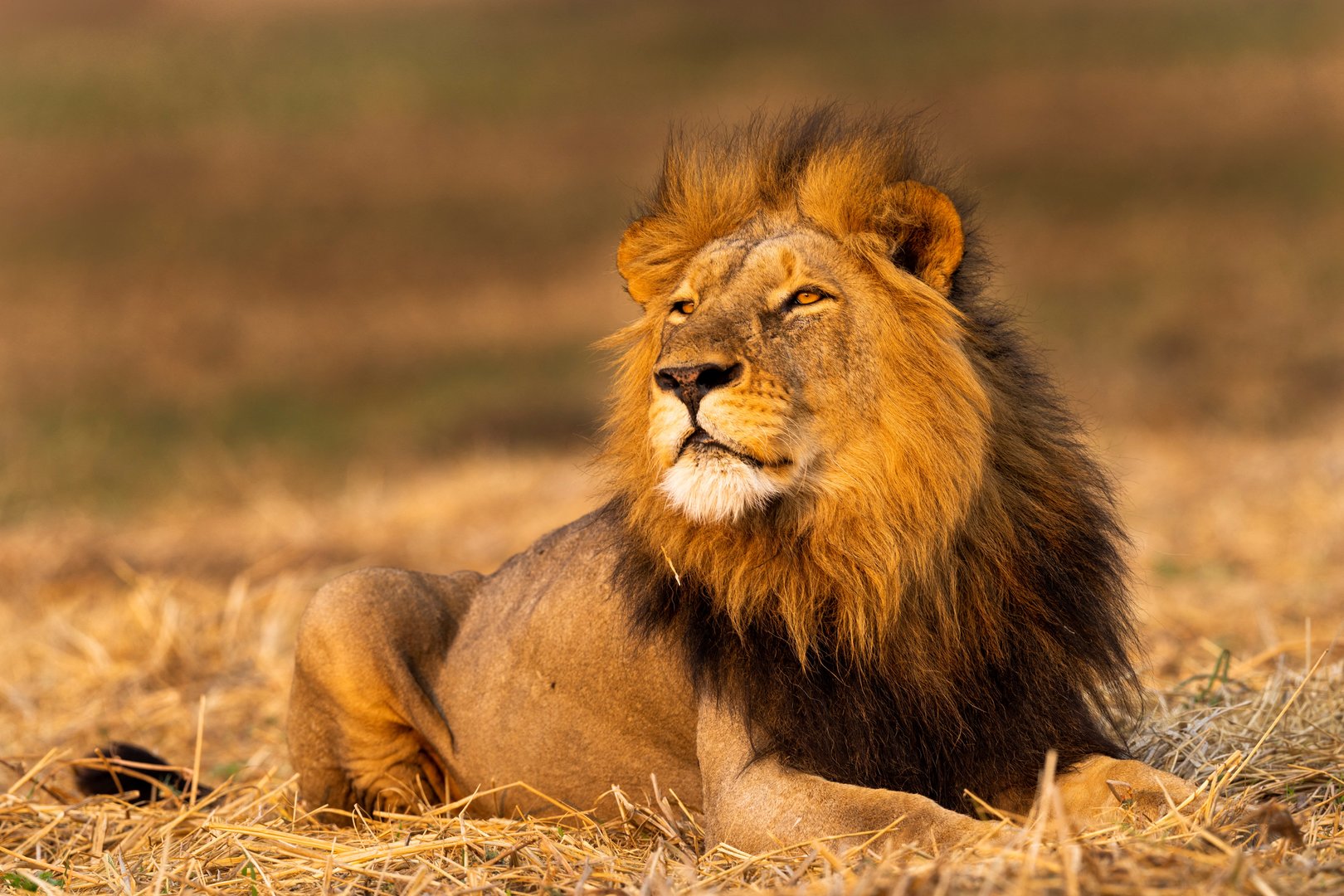Satellite-tagged vultures uncover suspected poisoning incidents near Kafue National Park
By Gloria Dickie
Lion and leopard populations in Zambia’s Kafue National Park are showing signs of a modest comeback following decades of poaching, helped by expanded protection strategies, including an innovative vulture early-warning system.
Big cat densities across Kafue, measured broadly for the first time by global conservation organisation Panthera, remained stable and in some cases increased from 2018 to 2022, according to a new report shared exclusively with Reuters.
While a dearth of historical population data makes it difficult to track changes over a longer time period, since 2018 scientists are “starting to see strong indications that those populations are trending upwards now in areas where we have been investing in protection support,” said Kim Young-Overton, director of Panthera’s Kavango-Zambezi Transfrontier Conservation Area programme, which includes Kafue.
In the recent assessment, scientists found that more lion cubs were born into Kafue prides from 2018 to 2021. That’s a sign that adult survival is improving because as females live longer, “they’re more likely to give birth to cubs,” said Panthera lion programme director Andrew Loveridge.
A half-century of intensive poaching has decimated wildlife populations in Africa’s third-largest national park, as it has across much of the continent, with Kafue’s free-roaming big cats among the victims.
Leopards have long been hunted for their skins, used as ceremonial attire in the region.
Bushmeat poachers have targeted the lions’ grass-eating prey, leaving too little behind for the park’s 200 or more of these hungry carnivores. And farmers have targeted lions suspected of killing livestock with guns, arrows, snares and possibly poisonings.
Conservation groups alongside Africa Parks and Zambia’s Department of National Parks and Wildlife have been using a myriad of tools to protect Kafue’s wildlife, including deploying some 40 anti-poaching patrol teams.
One of the more innovative approaches is tagging white-backed and hooded vultures with satellite trackers to quickly alert wildlife managers of poisoned carcasses.
In many parts of Africa, livestock owners will poison cow carcasses with a deadly agricultural pesticide to kill the cats that come to feast – retribution for lions eating their cattle.
But the carcasses also attract the critically endangered white-backed vultures, whose population has declined by more than 90 per cent across West Africa in the past 40 years, largely due to poisoning.
“African white-backed vultures will come in really large numbers,” said Corinne Kendall, curator of conservation and research at North Carolina Zoo which is leading the programme.
“You could have up to 100 vultures and they’re all going to die. It’s had a huge impact on vultures and it’s led to these rapid declines. And it’s also a big problem for carnivores.”
Since 2021, the zoo team has tagged 19 vultures in Zambia, draping tiny backpacks containing the satellite tags over their wings to get a bird’s eye view of the situation.
While poisonings aren’t “something that have been well known for the Kafue landscape,” said Kendall, already the tagged vultures have led them to two suspected poisoning incidents near the park, according to the report shared with Reuters. In such incidents, park staff alerted to the poisoning can dispose of the carcass and try to track down the perpetrator – helping to save both the birds and the big cats.
“Poisoning is a silent killer,” said Kendall. “Unless you have something like satellite-tagged vultures, a lot might be going on without anyone knowing about it.”







Click here to change your cookie preferences